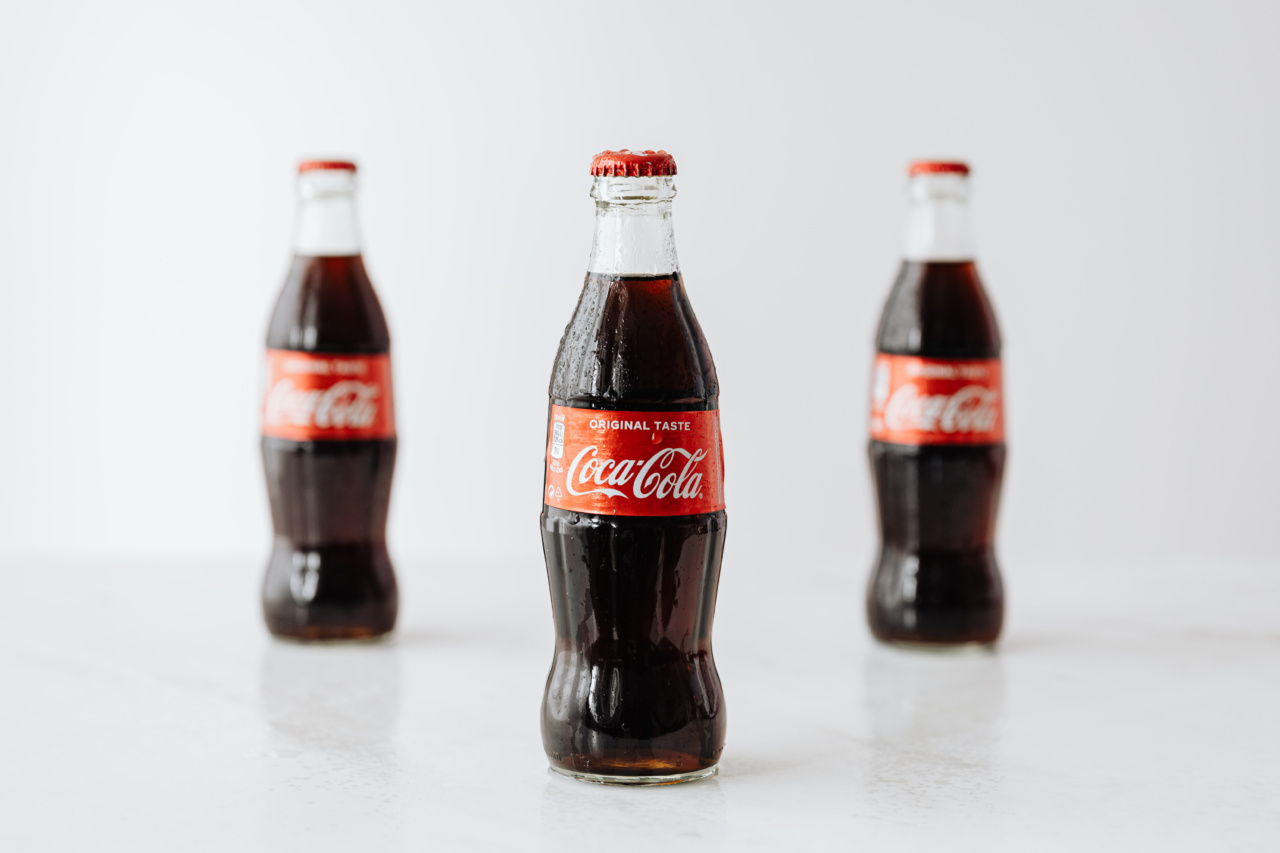Choking is a serious concern for people of all ages, but it can be particularly dangerous for seniors. As we age, our bodies undergo various changes that can increase the risk of choking.
It is important for seniors and their caregivers to be aware of the common choking hazards and take necessary precautions to prevent choking incidents. In this article, we will discuss some of the most common choking hazards for seniors and provide tips on how to identify and avoid them.
1. Medications and Pills
Medications in the form of pills and capsules can pose a choking hazard for seniors. As we age, our swallowing reflexes may become weaker, making it more difficult to swallow large pills.
It is important to consult a healthcare professional to determine if there are alternative forms of medication, such as liquid or chewable options, that can be taken instead. If swallowing pills is unavoidable, make sure to take them with plenty of water to facilitate easier swallowing.
2. Dry Foods
Dry and sticky foods, such as popcorn, crackers, and chips, can easily get stuck in the throat and cause choking. Seniors should avoid eating dry foods without sufficient fluids and avoid rushing while eating.
It is advisable to chew food thoroughly and take smaller bites to minimize the risk of choking. Sipping water or another beverage while eating can also help moisten the food and make it easier to swallow.
3. Hard Foods
Foods that are hard in texture, like nuts, seeds, and raw carrots, can be difficult to chew properly and may pose a choking hazard. Seniors should consider opting for softer alternatives or cutting these foods into smaller, bite-sized pieces.
This can make them easier to chew and reduce the risk of choking.
4. Large Pieces of Meat or Poultry
Large pieces of meat or poultry, especially if they are tough or dry, can be challenging to chew and swallow, increasing the risk of choking. Seniors should cut meat and poultry into smaller, more manageable pieces before eating.
Slow cooking or braising meats can also make them more tender and easier to eat.
5. Dental Problems
Dental issues, such as missing teeth or ill-fitting dentures, can make it difficult to chew food properly, increasing the risk of choking. Seniors should regularly visit their dentist for check-ups and address any dental problems promptly.
The use of dental adhesives can also help in ensuring a proper fit of dentures, reducing the risk of choking hazards associated with ill-fitting dentures.
6. Carbonated Drinks
Carbonated drinks, including soda and sparkling water, can cause bloating and increase the risk of choking. The carbonation can lead to discomfort and increase the chances of food getting stuck in the throat.
Seniors should consider opting for non-carbonated, hydrating beverages instead, such as water or herbal tea.
7. Vegetable Skins and Fibrous Vegetables
Vegetable skins and certain fibrous vegetables, such as celery and asparagus, can be difficult to chew and swallow. The fibrous strands in these vegetables can get tangled in the throat, causing choking.
Seniors should peel the skin of vegetables whenever possible and cut them into small, easily digestible pieces.
8. Alcohol
Consuming excessive amounts of alcohol can lead to impaired swallowing reflexes, increasing the risk of choking. It is important for seniors to drink alcohol in moderation and be mindful of their limits.
If swallowing becomes difficult, it is advisable to avoid alcohol altogether to prevent choking hazards.
9. Poorly Chewed Food
Seniors who have difficulty chewing, such as those with denture problems or dental pain, are at a higher risk of choking. It is crucial to chew food thoroughly before swallowing to avoid any potential choking hazards.
If necessary, softer food options or pureed foods may be more suitable for seniors who struggle with chewing.
10. Foreign Objects
Seniors with dementia or cognitive impairments may have a tendency to put non-food items in their mouths, increasing the risk of choking.
Caregivers and family members should ensure that the environment is free of small objects that can be mistakenly ingested. Regularly check senior’s living areas to remove any potential choking hazards.
Choking hazards can have serious consequences for seniors, so it is essential to be proactive in identifying and avoiding them.
By following these tips and being aware of the potential choking hazards, seniors and their caregivers can help reduce the risk of choking incidents and promote a safe dining experience.






























